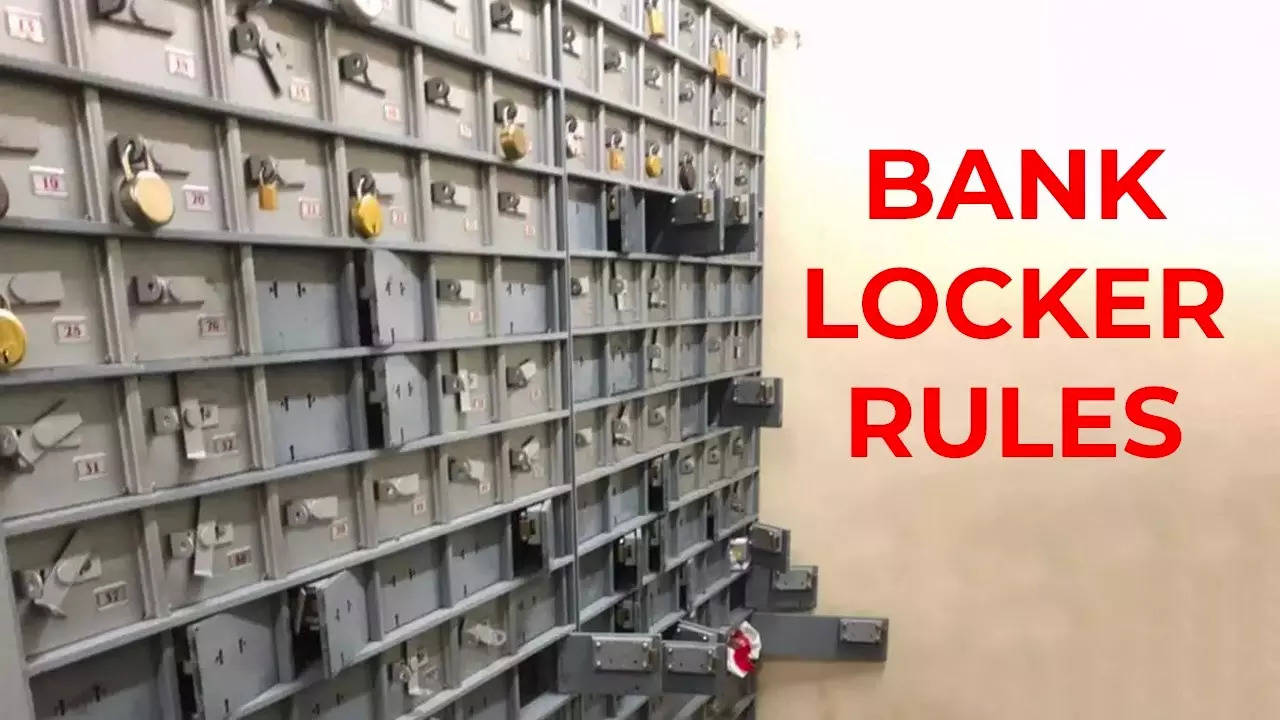According to an ET report, bank lockers are intended solely for legitimate purposes, such as safeguarding valuables like jewelry and documents. Storing cash or currency in these lockers is not permitted, as stated in the revised locker agreements, including those of the State Bank of India (SBI) and Punjab National Bank (PNB).
PNB’s revised locker agreement explicitly prohibits the storage of items such as arms, weapons, explosives, drugs, contraband material, perishable items, radioactive material, illegal substances, or any material that could pose a hazard or nuisance to the bank or its customers.
What can you store in your bank locker?
Bank lockers are suitable for safeguarding property documents, jewelry, loan documents, birth/marriage certificates, savings bonds, insurance policies, and other confidential and private items.
Bank locker rules, charges, new agreement, fixed deposit need – top FAQs answered
How to store items in a bank locker?
To safeguard paper and similar items from humidity, Kotak Mahindra Bank recommends using airtight (zip-sealed) plastic bags or pouches. Paper documents may also be laminated for longevity. Additionally, jewelry, ornaments, and metal-based articles can be stored in plastic or metal containers that fit within the locker. It’s important to note that the bank does not provide these storage items.
When are banks responsible?
Banks assume responsibility when losses occur due to their own negligence, shortcomings, employee fraud, or acts of omission or commission. In such cases, the bank’s liability is limited to one hundred times the current annual rent of the safe deposit box. For example, if the locker rent is Rs 2000 per annum, the bank will compensate you up to Rs 200,000, according to SBI’s policy.






